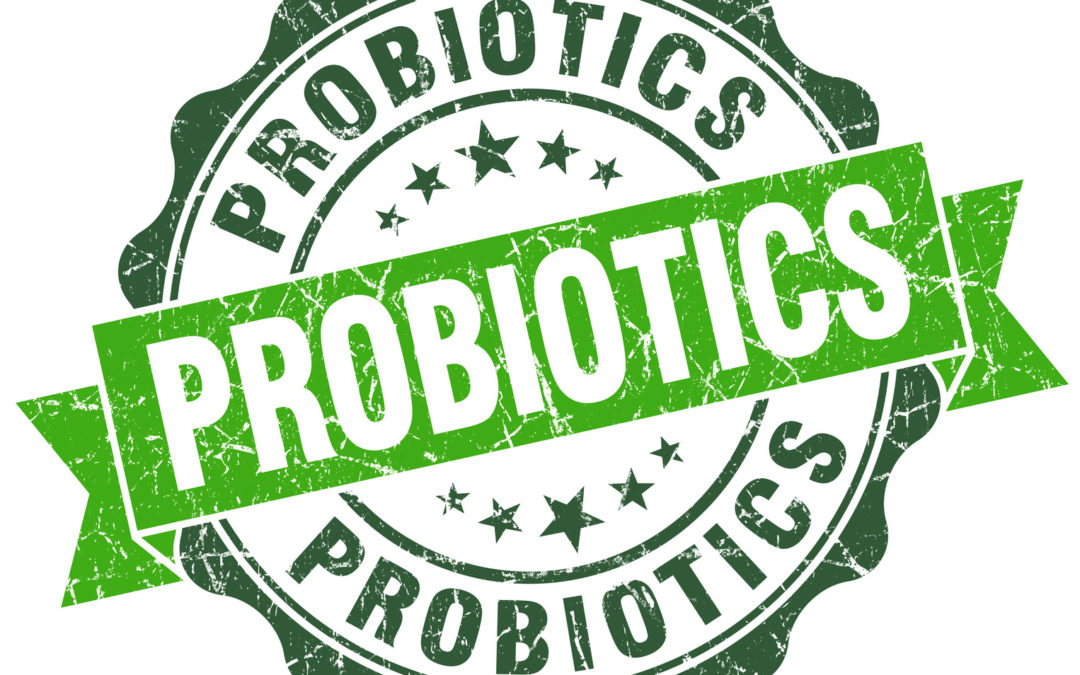Everyone is taking about yogurt, kefir, kimchi and what do those all have in common? Probiotics. I talk to my patients daily about probiotics and what they can be used for medically. I have used them myself, put them in my son’s bottle and forced them into my husband while he was on antibiotics. But do they help us and should we eat them?
Probiotics are the good or friendly microorganisms we want in our bodies, they line our gut, vagina and help boost our immune systems. Studies seem to show they can help reduce diarrhea, eczema, allergies, improve gut disorders, treat vaginal infections and even make us more resilient to stress.
Aside from getting them in pill form or the foods mentioned above, they are in miso and Kombucha. Remember the vitamin and supplement world is not regulated by the FDA, so when looking for a probiotics I tell patients to get at least 15-30 billion cultures and to aim to get Lactobacillus and Bifidobacterium in their supplement. Lactobacillus, we want in our vagina and in the women’s health world this keeps yeast infections and bacterial infections away from our vaginas.
To be clear, the studies continue to be mixed on probiotics. They appear to help the gastrointestinal disorders such as Crohn’s disease and colitis. Sadly the studies regarding vaginal health have not shown as clear a benefit, but anecdotally I do see improvement in my patients. If you do not have stomach or vaginal chronic complaints, you do not need to add in probiotics but if you suffer from these it may be worth to shop around to try a supplement and see how you feel. The cultures in yogurt may not survive the stomach acid once consumed, so do not go crazy with yogurt rather enjoy it for calcium in moderation. Cultures in Kombucha do survive stomach acids more, but it does contain a small amount of alcohol, so be careful with kids and pregnant women.



Recent Comments